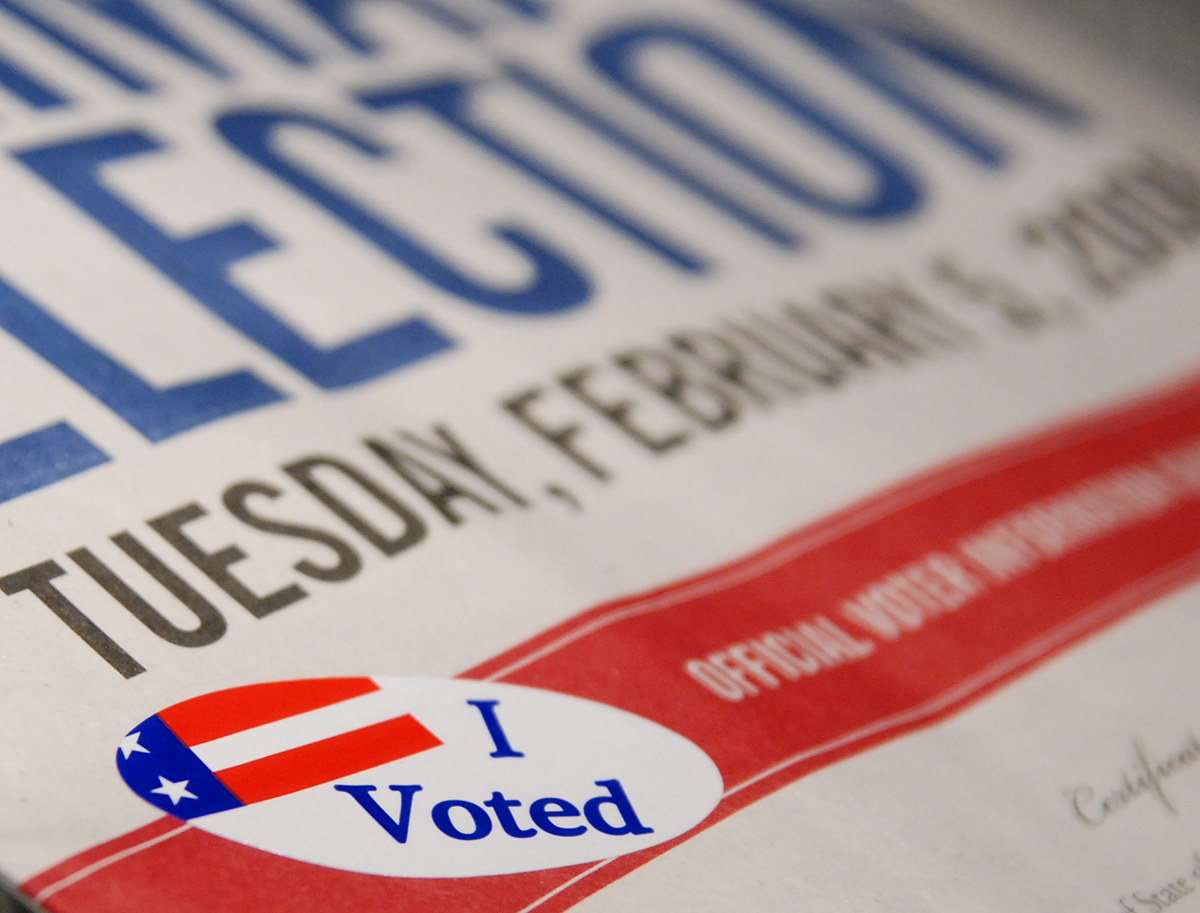Why Does New Hampshire Vote First?
On Tuesday, our quaint neighbors to the north in New Hampshire engage in a sacred civic tradition that they hold very dear: voting first in our national presidential primary system.
Since 1920, Granite Staters have trudged to their local polling stations in the cold of winter to voice their choice for the next president of the United States, but it wasn’t until 1952 that the first in the nation status really took off. Gen. Dwight Eisenhower won a decisive victory over his rivals in the Republican primary, setting him on a course to win the Republican nomination and, eventually, the presidency.
An even bigger game changer occurred in the Democratic primary when President Harry Truman lost to Sen. Estes Kefauver of Tennessee in an upset. Truman was so stung by the defeat that he decided to not seek a third term.
After the 1968 primary, New Hampshire enshrined its first in the station status when the legislature passed a law requiring its primary to occur at least seven days before any “similar contests.” The “similar contests” part is important because it exempts caucus states like Iowa. In a caucus, voting doesn’t happen in the traditional sense. Instead, voters gather to discuss which delegates (who are campaigning on behalf of specific candidates) to send to the convention, whereas in a primary like New Hampshires, voters are voting directly for their candidate. Ever since, New Hampshire has protected its status with fierce doggedness. Longtime New Hampshire Secretary of State Bill Gardner has done everything in his power to protect the state’s elite position. In recent election cycles, states have moved their election dates ahead on the calendar in an effort to elevate their position of political prominence, forcing Gardner to move the primary date up to the second week of January as recently as 2012.
Gardner and his fellow Granite Staters have good reason to want to defend their position on the primary calendar, because the election is a shot in the arm to the local economy. Campaign staff, media hordes, and political tourists invade the state for the final weeks of the primary, filling its hotels, restaurants, and bars. Some estimates have suggested the primary generates over $300 million for the state economy.
The New Hampshire primary does have its critics, however. Many oppose its position of prominence because its demographics do not reflect the diverse nature of the United States. New Hampshire is significantly older, whiter, less urban, and more secular than the rest of the country. As criticisms of New Hampshire mounted, the Republican and Democratic primaries fortified a system where Iowa, New Hampshire, South Carolina, and Nevada are forever the first four states to vote.
Defenders of the New Hampshire primary point to the rare accessibility the voters of New Hampshire have and the general ease of campaigning in the state. Larger and more populated states with strong media markets are far more expensive to campaign in, making it difficult for upstarts to get catch fire. Plus, it has become a beloved tradition for media and politico types of all stripes.
In short, it does not appear the state will lose its special status anytime soon.


